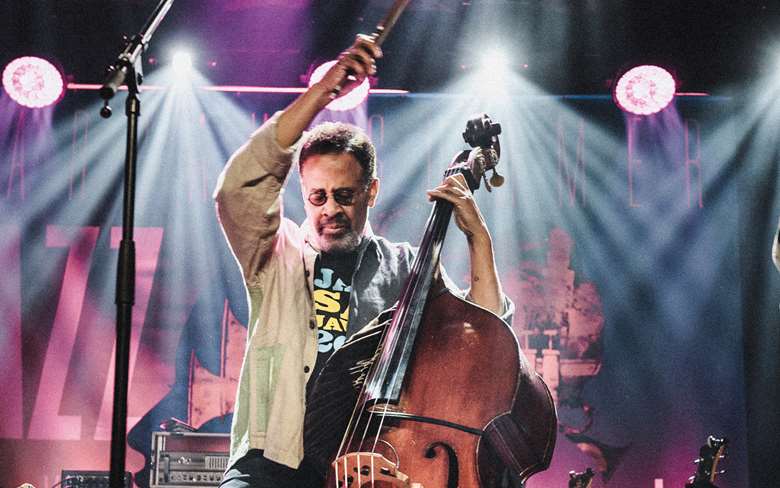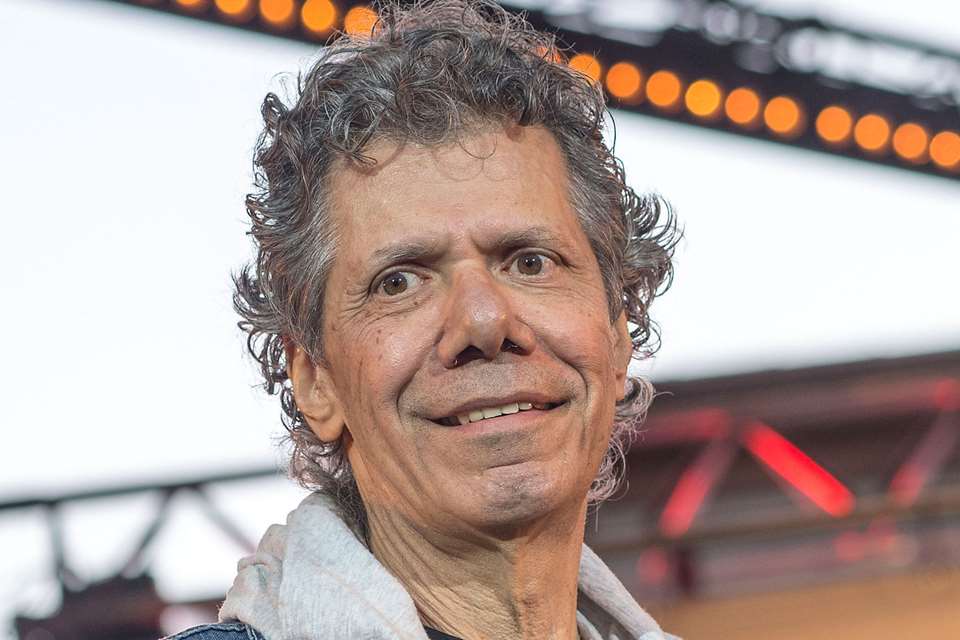Stanley Clarke interview: “What you wanna retire for? Think of all the jazz musicians that have come before me that played until the last note”
Kevin Le Gendre
Tuesday, June 13, 2023
A towering figure in the bass world since he burst onto the global jazz scene in 1970s as a founding member of Return To Forever and with his classic solo album School Days, Stanley Clarke is now back with a new band of Young Turks, N 4EVER


Register now to continue reading

Thank you for visiting Jazzwise.co.uk. Sign up for a free account today to enjoy the following benefits:
- Free access to 3 subscriber-only articles per month
- Unlimited access to our news, live reviews and artist pages
- Free email newsletter
